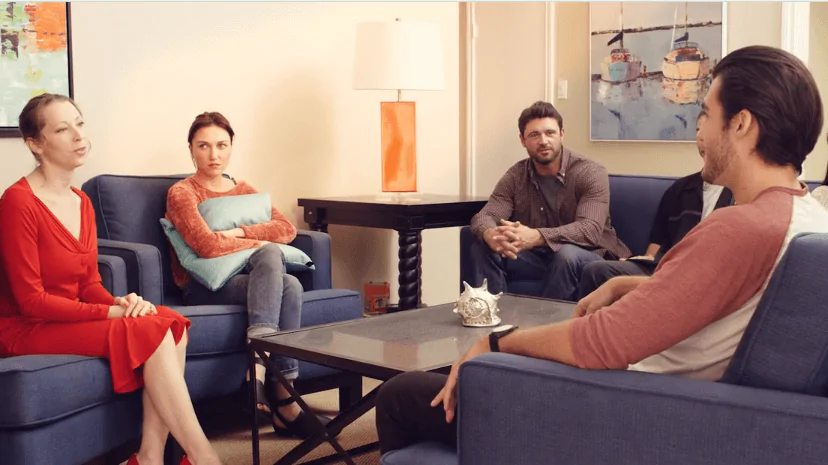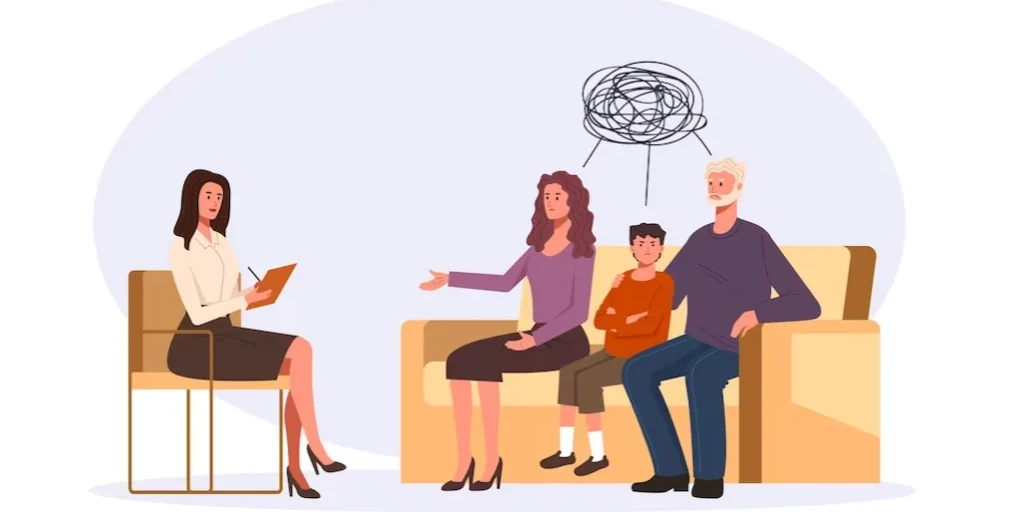centers in
, Pennsylvania, play an essential role in addressing the profound challenges posed by drug and alcohol addiction in this region. Geographically, Southwest, Pennsylvania is characterized by its picturesque landscapes and a close-knit community which is home to a diverse population. However, like many regions across the United States, it is not immune to the pressing realities of substance abuse. The increasing rates of drug and alcohol addiction have raised significant concerns among residents and local authorities alike. Reports indicate a surge in opioid use, alongside a concerning rise in alcohol dependency, putting immense strain on individuals and families throughout the area. This highlights the urgent need for comprehensive addiction treatment and support systems, vital for fostering recovery and reintegration into society. The history of Southwest, Pennsylvania is rich and multifaceted, contributing significantly to the industrial growth of the United States during the late 19th and early 20th centuries. As an area that once served as a thriving hub for manufacturing and coal mining, changes in the economy have led to various social challenges, including increased incidences of substance abuse. Rehab centers in Southwest, Pennsylvania offer tailored programs to meet the distinct needs of varying demographics, emphasizing the importance of access to quality care within the community. By understanding the specific epidemic of drug addiction in Southwest, Pennsylvania, it becomes evident that these rehab centers are not just facilities but lifelines for many. Each center illustrates a commitment to change, recovery, and the hope of a brighter future. Engaging with these services fosters an environment where individuals can reclaim their lives, supported by professional guidance and empathetic understanding. Thus, successfully addressing drug and alcohol addiction not only reinforces the community's resilience but also takes a significant step toward creating a healthier and more vibrant Southwest, Pennsylvania.Addiction treatment, drug and alcohol rehab centers are also available in
Westmoreland
One can also look for
, or browse through
.
Learn more about





































































